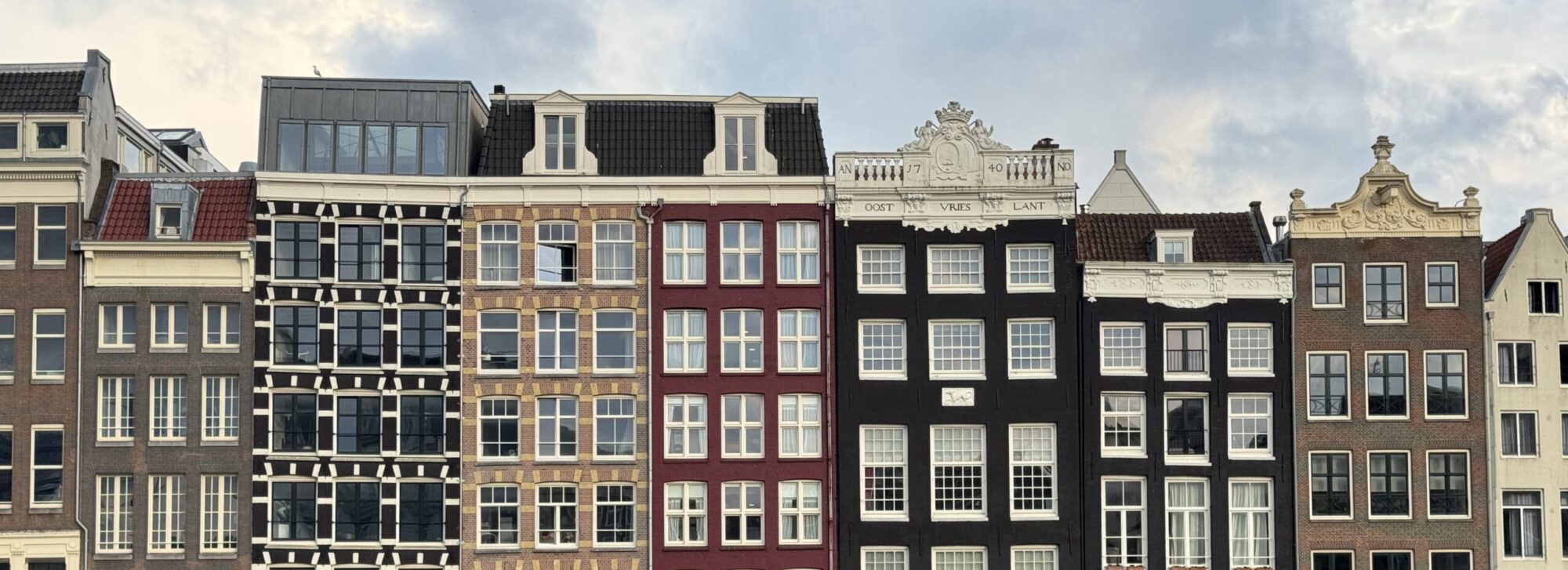Explanation
"Onmiddellijk" is a Dutch word that means "direct" or "immediately." It is spelled with two "l's" in the middle. This is because Dutch spelling rules require that a short vowel followed by a consonant in a closed syllable be doubled with an additional consonant.
Example sentences
“We moeten onmiddellijk vertrekken om op tijd te zijn.”
“We need to leave immediately to be on time.”
“Hij reageerde onmiddellijk op het nieuws.”
“He reacted immediately to the news.”
“De arts kwam onmiddellijk toen hij het noodgeval hoorde.”
“The doctor came immediately when he heard about the emergency.”
It is a common mistake to write "onmiddelijk" instead of "onmiddellijk," but the correct spelling is with double "l's."
Here are some commonly misspelled words in Dutch, along with their correct spelling and explanation:
Abonnement
Incorrect: abonement
Correct: abonnement
Example: “Ik heb een abonnement op dat tijdschrift.”
“I have a subscription to that magazine.”
Adresseren
Incorrect: adresseren
Correct: adresseren
Example: “Zorg ervoor dat je de envelop goed adresseert.”
“Make sure to address the envelope correctly.”
Accommodatie
Incorrect: accomodatie
Correct: accommodatie
Example: “De accommodatie van het hotel was uitstekend.”
“The hotel's accommodation was excellent.”
Allergisch
Incorrect: alergisch
Correct: allergisch
Example: “Ik ben allergisch voor pollen.”
“I am allergic to pollen.”
Comité
Incorrect: commité
Correct: comité
Example: “Het comité organiseerde het evenement.”
“The committee organized the event.”
Definitie
Incorrect: definitie
Correct: definitie
Example: “Kun je de definitie van dat woord uitleggen?”
“Can you explain the definition of that word?”
Discipline
Incorrect: displine
Correct: discipline
Example: “Discipline is belangrijk voor succes.”
“Discipline is important for success.”
Exclusief
Incorrect: exlusief
Correct: exclusief
Example: “Dit restaurant heeft een exclusief menu.”
“This restaurant has an exclusive menu.”
Interessant
Incorrect: interresant
Correct: interessant
Example: “Het boek was erg interessant.”
“The book was very interesting.”
Onmiddellijk
Incorrect: onmiddelijk
Correct: onmiddellijk
Example: “We moeten onmiddellijk vertrekken.”
“We need to leave immediately.”
Parallel
Incorrect: paralel
Correct: parallel
Example: “De lijnen lopen parallel aan elkaar.”
“The lines run parallel to each other.”
Privilége
Incorrect: privilege
Correct: privilége
Example: “Het is een privilége om hier te mogen werken.”
“It is a privilege to be able to work here.”
Restaurant
Incorrect: restuarant
Correct: restaurant
Example: “We gingen naar een nieuw restaurant in de stad.”
“We went to a new restaurant in the city.”
Vaccin
Incorrect: vacin
Correct: vaccin
Example: “Het vaccin is belangrijk voor onze gezondheid.”
“The vaccine is important for our health.”
Verrassend
Incorrect: verassend
Correct: verrassend
Example: “Het nieuws was erg verrassend.”
“The news was very surprising.”
